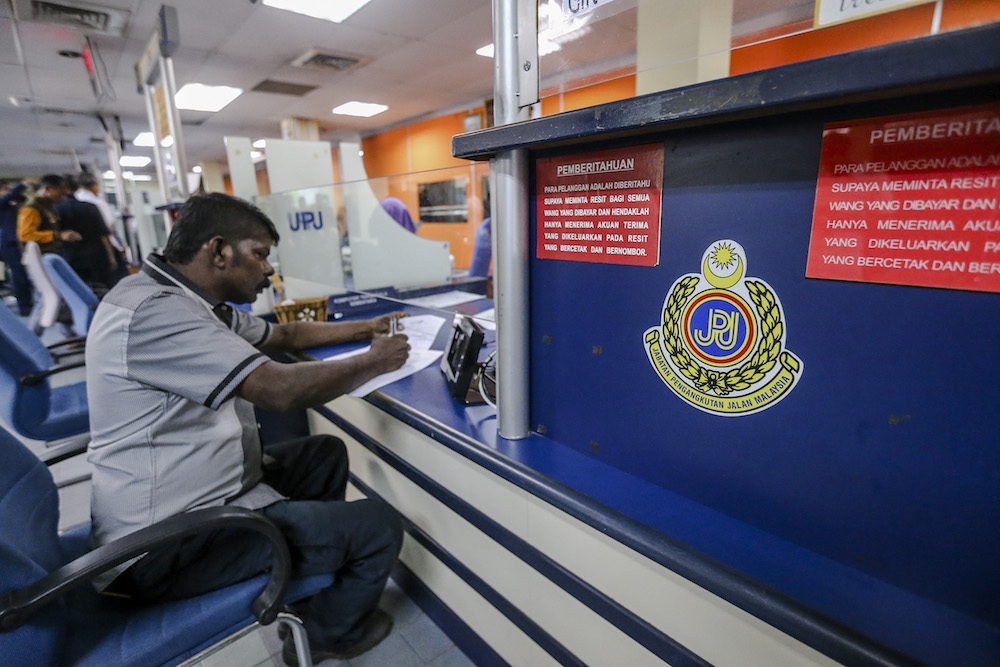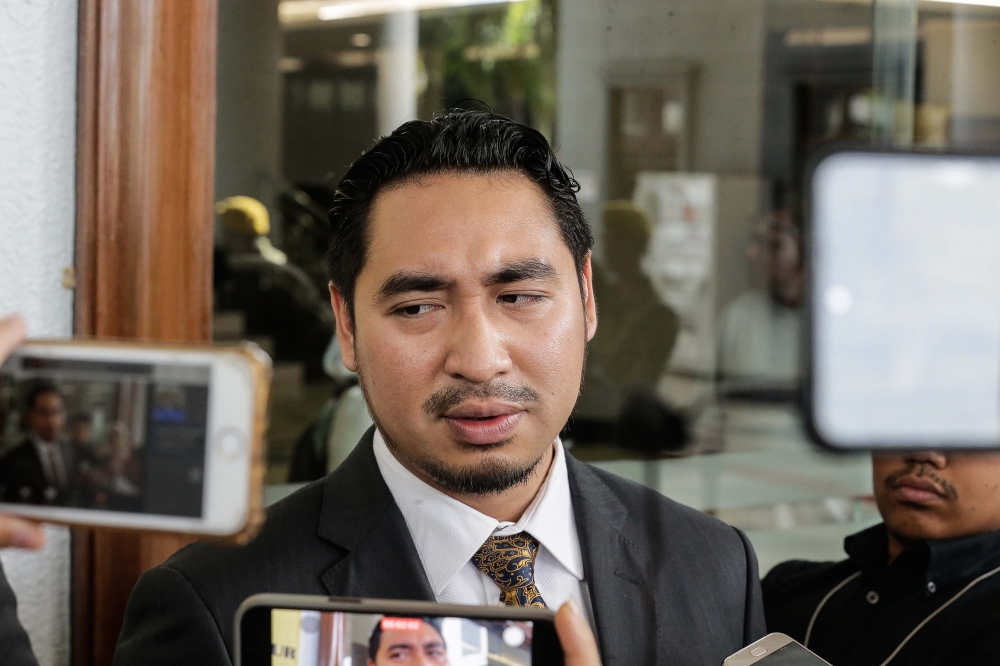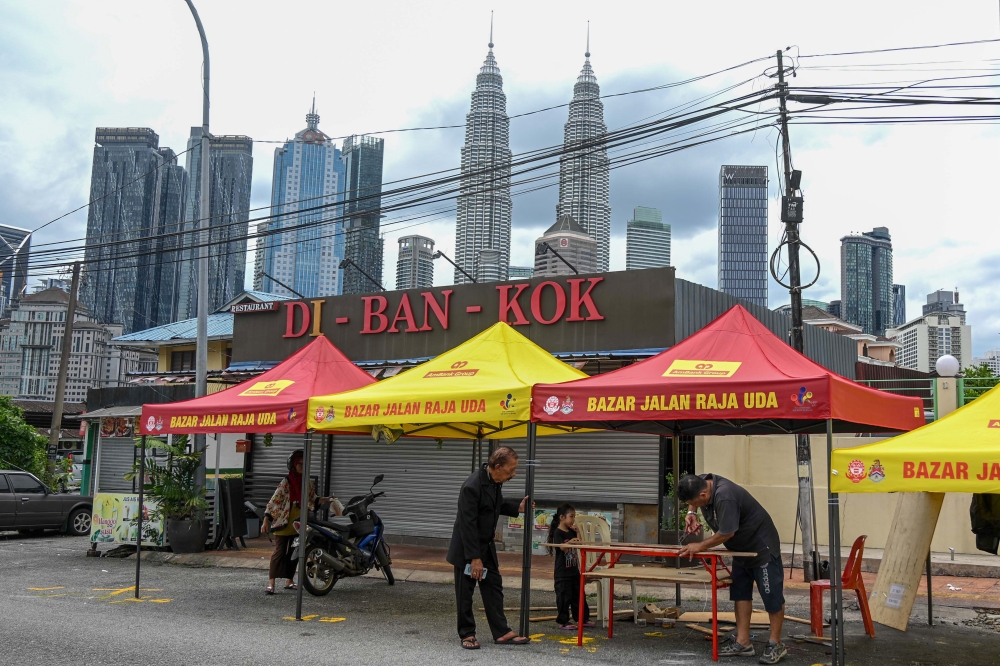DEC 31 — The Malaysian Budget 2021 was announced during unprecedented times, with businesses and individuals facing immense challenges due to the Covid-19 pandemic. From a tax perspective, the Government announced tax measures targeted towards enhancing the wellbeing of the Rakyat, as well as Malaysia’s position as a destination for foreign investments.
Along with the tax measures announced, the Government has also proposed various changes to the tax legislation. One notable proposal which would affect businesses is the proposed tightening of the transfer pricing (TP) penalty rules.
TP is a tax concept where companies operating within a group are required to transact with one another at market prices, similar to how independent companies transact with each other (also known as arm’s length transactions). With the increased globalisation of operations for many businesses, many companies inevitably enter into intra-group transactions (or related party transactions) in the course of carrying out their business activities, whether it is the buying or selling of goods or services.
Based on Malaysian TP rules, companies are required to prepare TP documentation to demonstrate the arm’s length nature of such transactions and penalties would apply if the tax authorities adjust the pricing of such transactions, resulting in additional tax payable by the companies. For example, a product sold to a group company for RM1 million would not be considered as arm’s length when the same product is sold to a third party for RM1.2 million. In this case, the tax authorities may challenge that the company has under-declared income of RM200,000 (and hence, under-paid income tax).
So, what is the Government’s rationale for tightening the TP penalty rules, especially during the challenging times that we are currently in, when businesses are more concerned with survival, rather than compliance with complicated tax rules? Perhaps the IRB wants to ensure compliance to international standards (as most countries has made it mandatory for companies to prepare TP documentation) or due to the perceived lack of compliance and transparency by taxpayers in terms of TP documentation.
With TP being a zero sum game, i.e. tax authorities seeking to capture a “bigger piece of the pie” when it comes to profits recorded within the group, it is also possible that the IRB is trying to beef up compliance with TP documentation requirements so the documentation can be relied upon in assessing whether a company has managed its transfer prices appropriately.
The proposed changes to the TP penalty rules are as follows:
· Penalty for Failure to Furnish TP Documentation
Companies with related party transactions are required to prepare TP documentation to demonstrate the arm’s length nature of such transactions, either when the transactions are implemented or on an annual basis (by the corporate tax filing deadline). However, the TP documentation does not need to be submitted along with the corporate tax return. It is only required to be submitted when the company is selected for a tax audit. If a request is made, the company would usually have 30 days upon the request to furnish the TP documentation.
Currently, there are no specific penalties for the late/non-submission of TP documentation. Penalty only applies if the IRB proposes a TP adjustment, which results in an additional tax payable for a particular year. Using the same example earlier, the TP adjustment is the under-declared income of RM200,000, which would be subject to penalties. In other words, if there is no TP adjustment, late or non-submission of TP documentation would not result in any penalty.
To ensure greater level of compliance amongst taxpayers, a fine for failure to furnish TP documentation has been proposed. If the proposal is legislated, it will take effect on 1 January 2021. If prosecuted for the offence, companies are subject to fines of between RM20,000 to RM100,000 and/or a prison term of up to 6 months. In addition, the company could still be required to furnish TP documentation within the 30-day period or any other period decided by the Court. Even if the company is ultimately not prosecuted, the same range of fines could be imposed. It is expected that IRB may also eventually tighten the 30-day timeframe currently provided to companies for the submission of TP documentation.
Preparation of TP documentation is often a lengthy, onerous and costly process. As such, in practice, some companies may delay the preparation of TP documentation until an audit is triggered by the IRB, especially when the risk of additional tax payable is low (e.g. loss making companies, companies which enjoy tax incentives and do not pay tax on its income). With this proposal, companies may find it more challenging to delay the preparation process until an audit is triggered as it may leave very little time to produce a good and robust set of documentation.
· TP Surcharge
Similar to the penalty for failure to furnish TP documentation, the Government has also proposed a new concept referred to as a TP surcharge.
The surcharge can be applied up to 5% of TP adjustment proposed by the IRB, whether or not it results in additional tax payable. If this proposal is legislated, it will also take effect on 1 January 2021. The intention of this would likely be to ensure greater compliance amongst taxpayers which are not in a tax payable position, for example, loss making companies and companies which enjoy tax incentives and do not pay tax on its income.
However, what is unclear at this stage is whether the existing penalty on additional tax payable will still be applied. The tax authorities have in public forums indicated that the existing penalty regime would no longer apply to TP cases, although no proposed changes to the law have been announced on this. Nonetheless, it would not be reasonable for taxpayers to be subject to a “double penalty”. Hopefully, there will be more clarification in the coming months to address such concerns.
With more onerous TP penalty rules likely to come into effect in January 2021, the likelihood of an additional tax payable arising from a TP audit should no longer be the main driver as to whether TP documentation should be prepared.
Businesses with related party transactions would need to give more thought to TP compliance, whether it is to start preparing documentation, or strengthening existing documentation. Companies which fail to produce robust TP documentation are invariably exposed to higher risk of TP adjustments during an audit.
This is by no means an easy task, but a proactive approach to TP and the right level of planning can go a long way in helping companies to effectively manage their risks and alleviate uncertainties arising from TP issues.
* Sarah Chew is director of Tricor Taxand Sdn Bhd.
** This is the personal opinion of the writer and does not necessarily represent the views of Malay Mail.




















